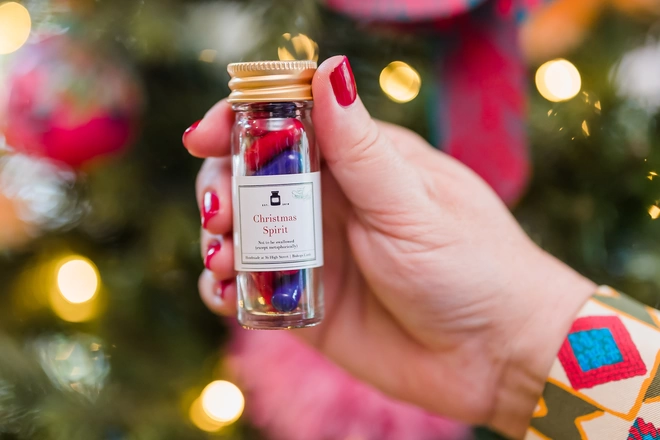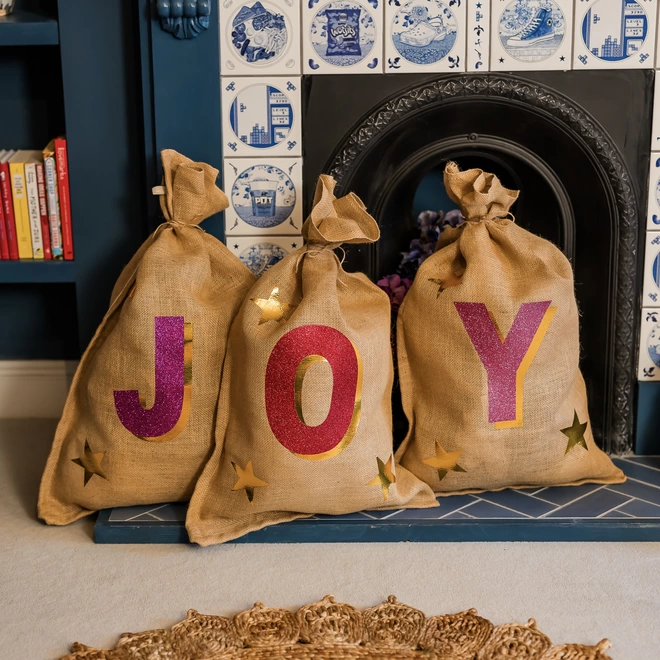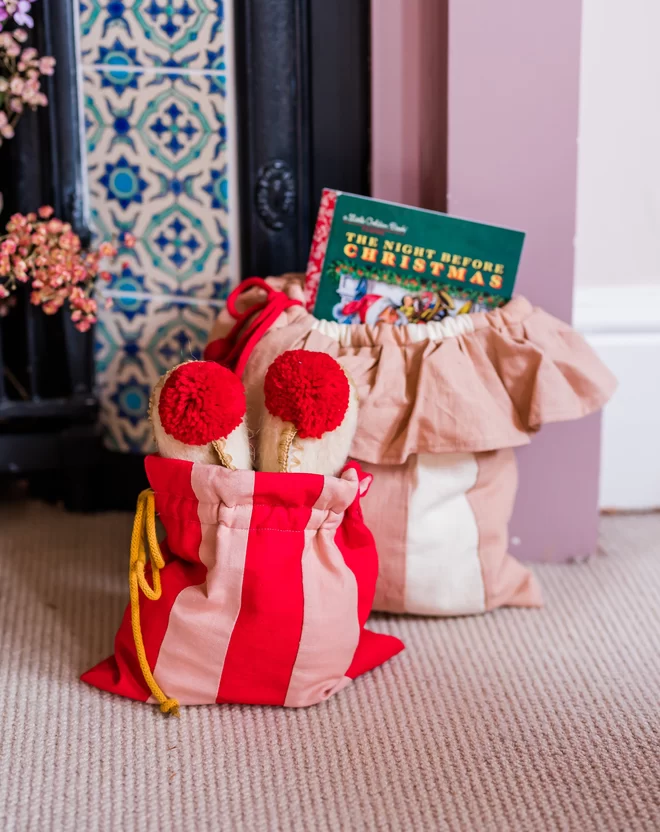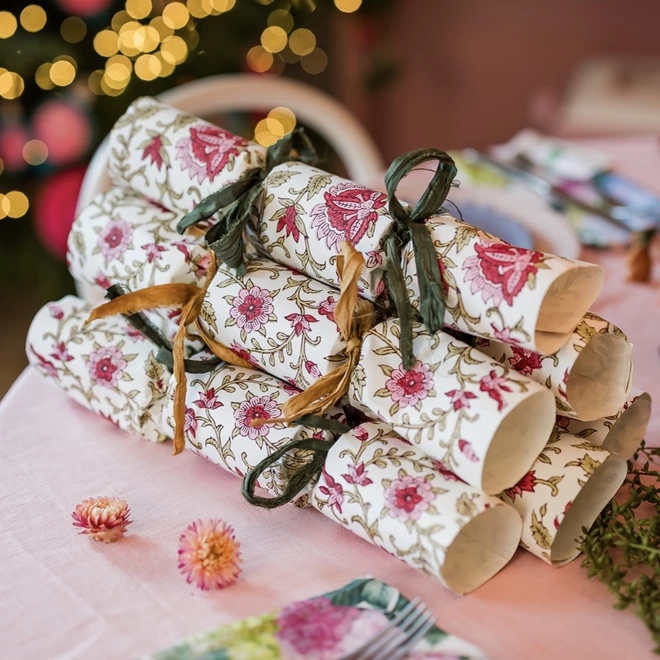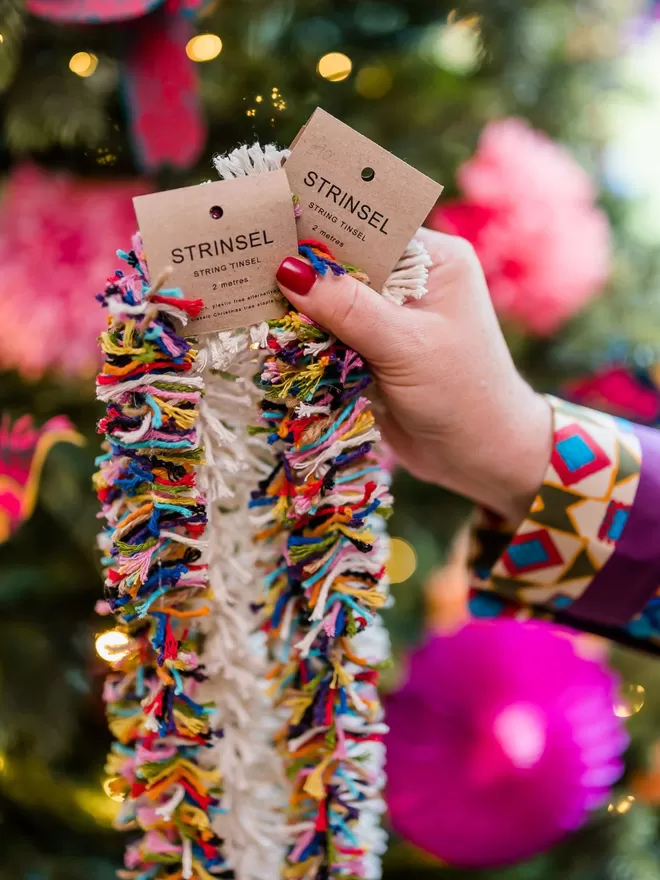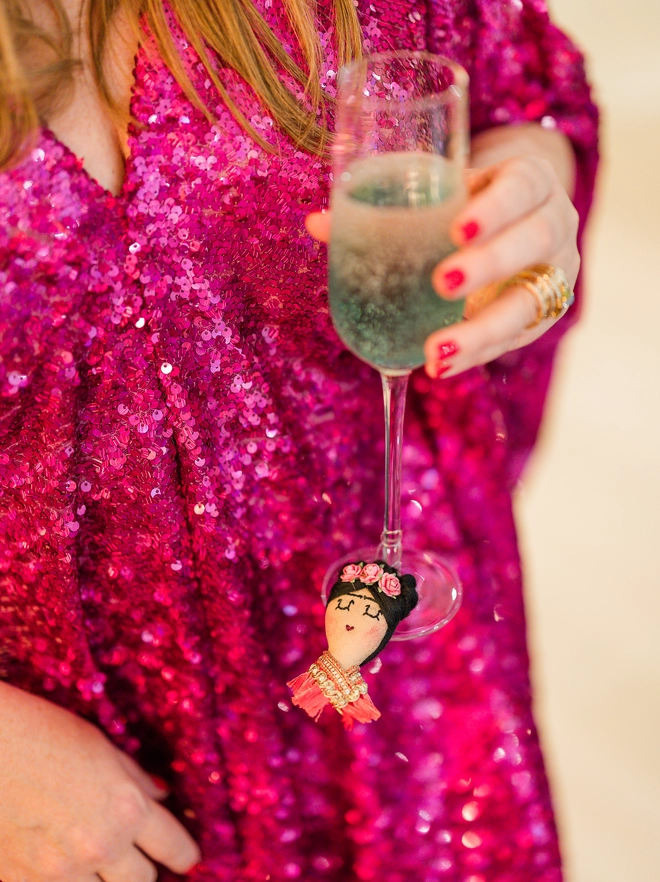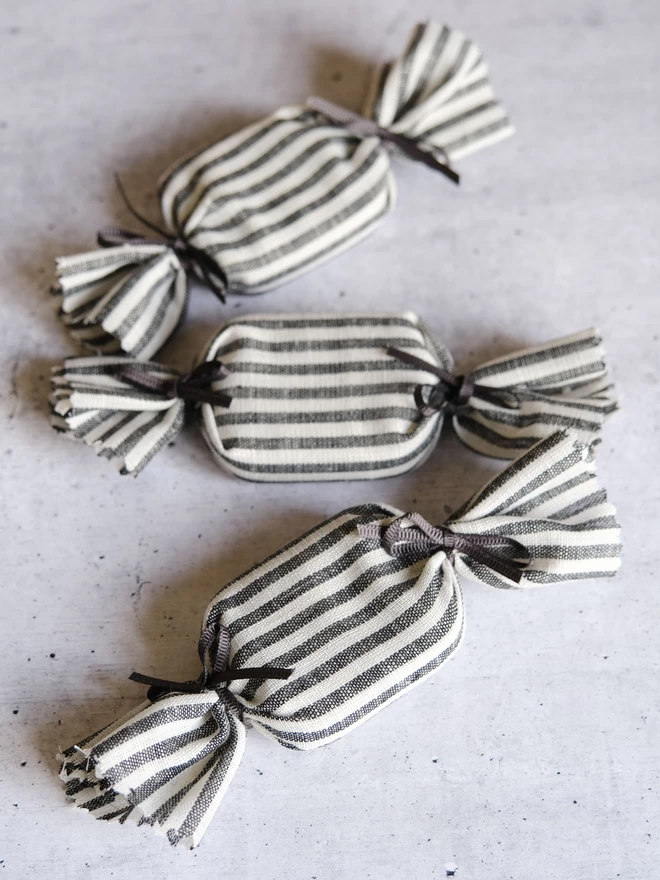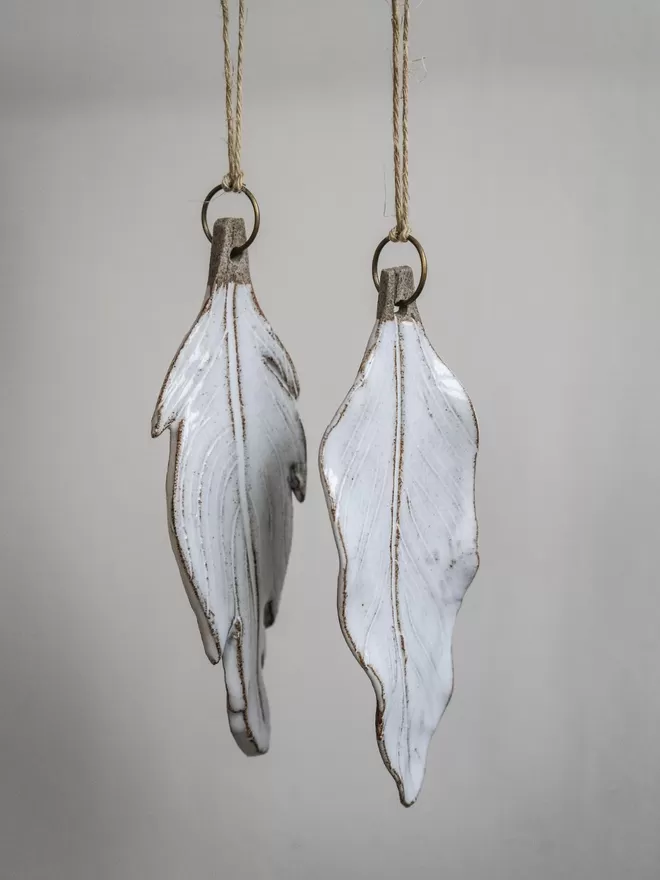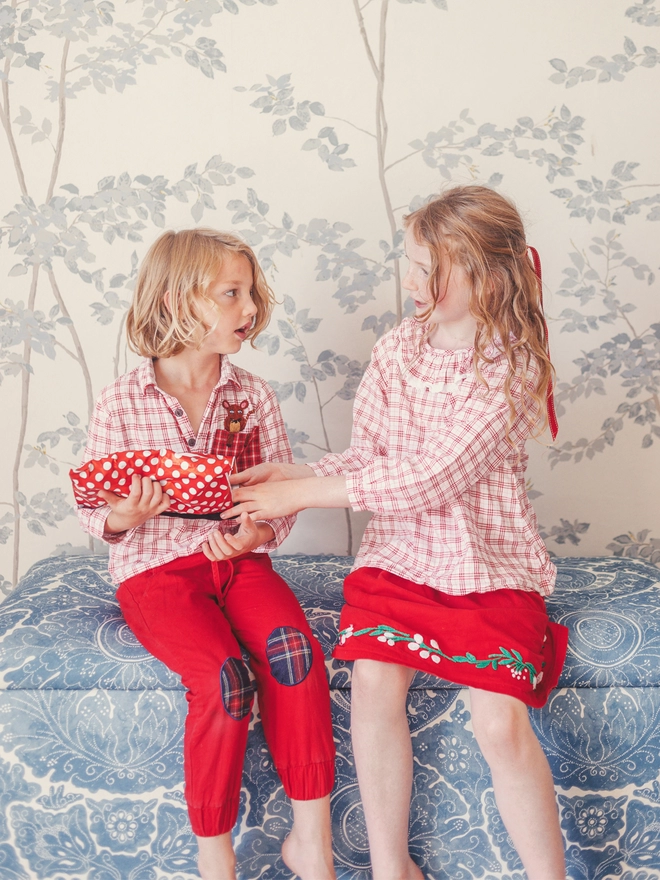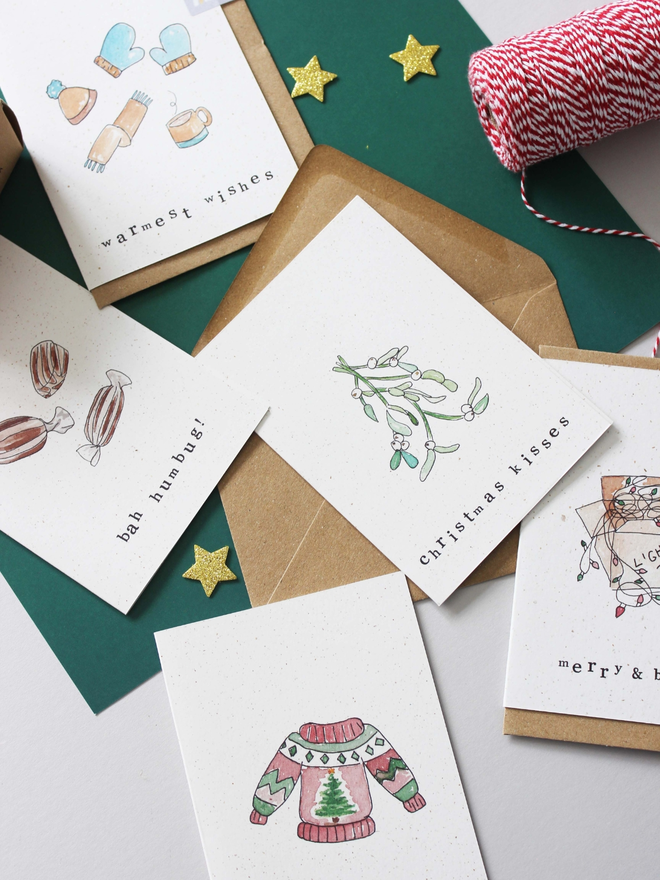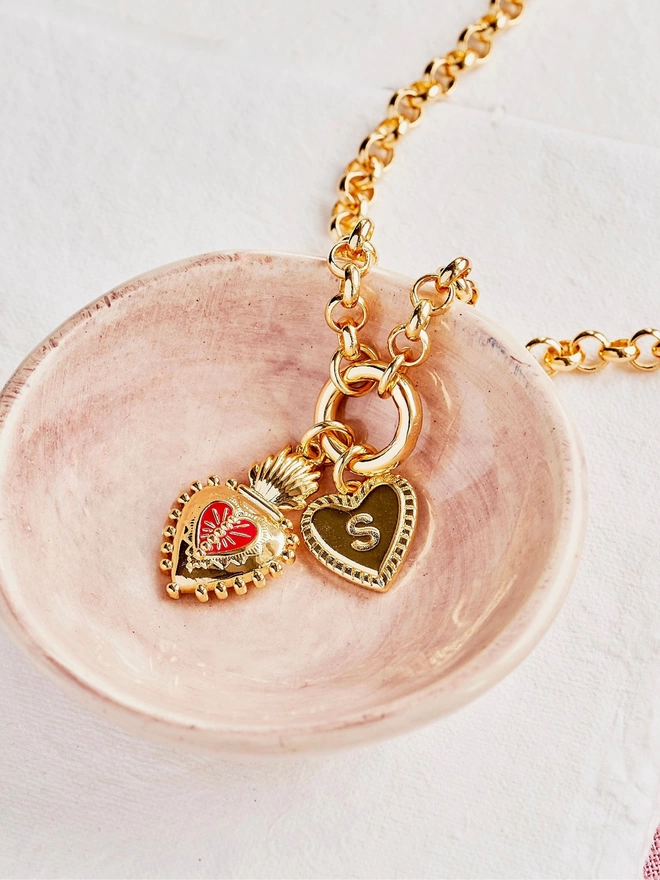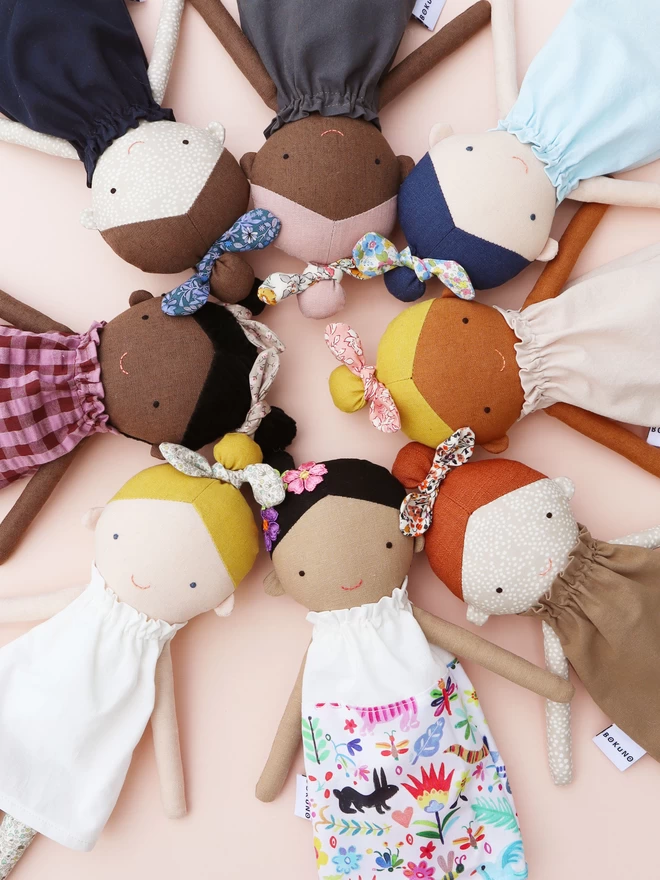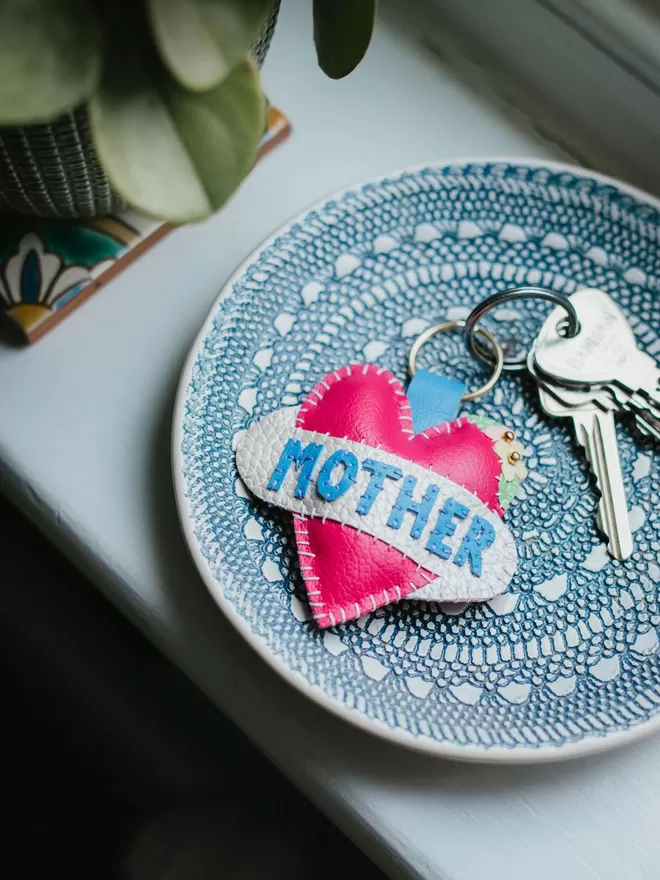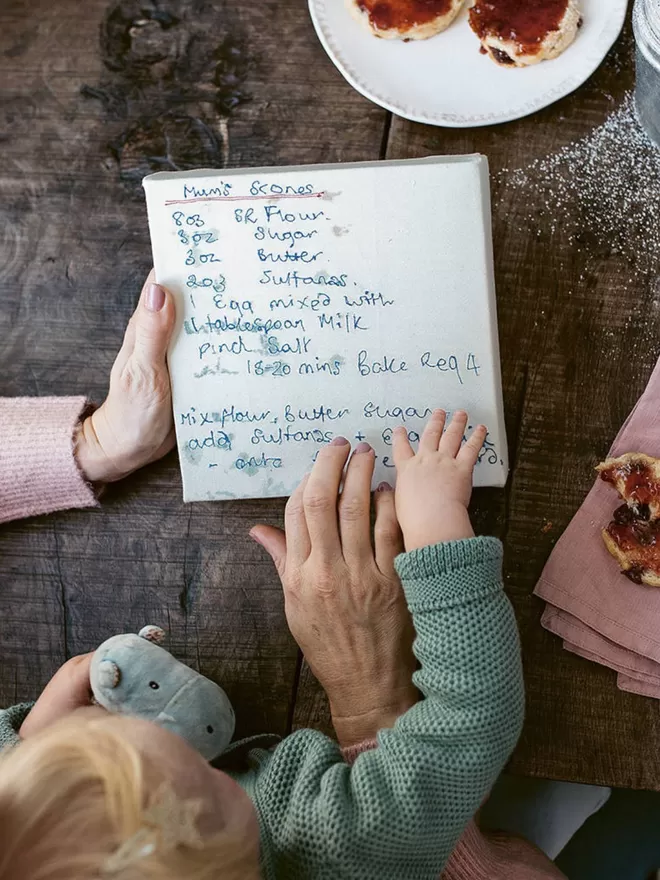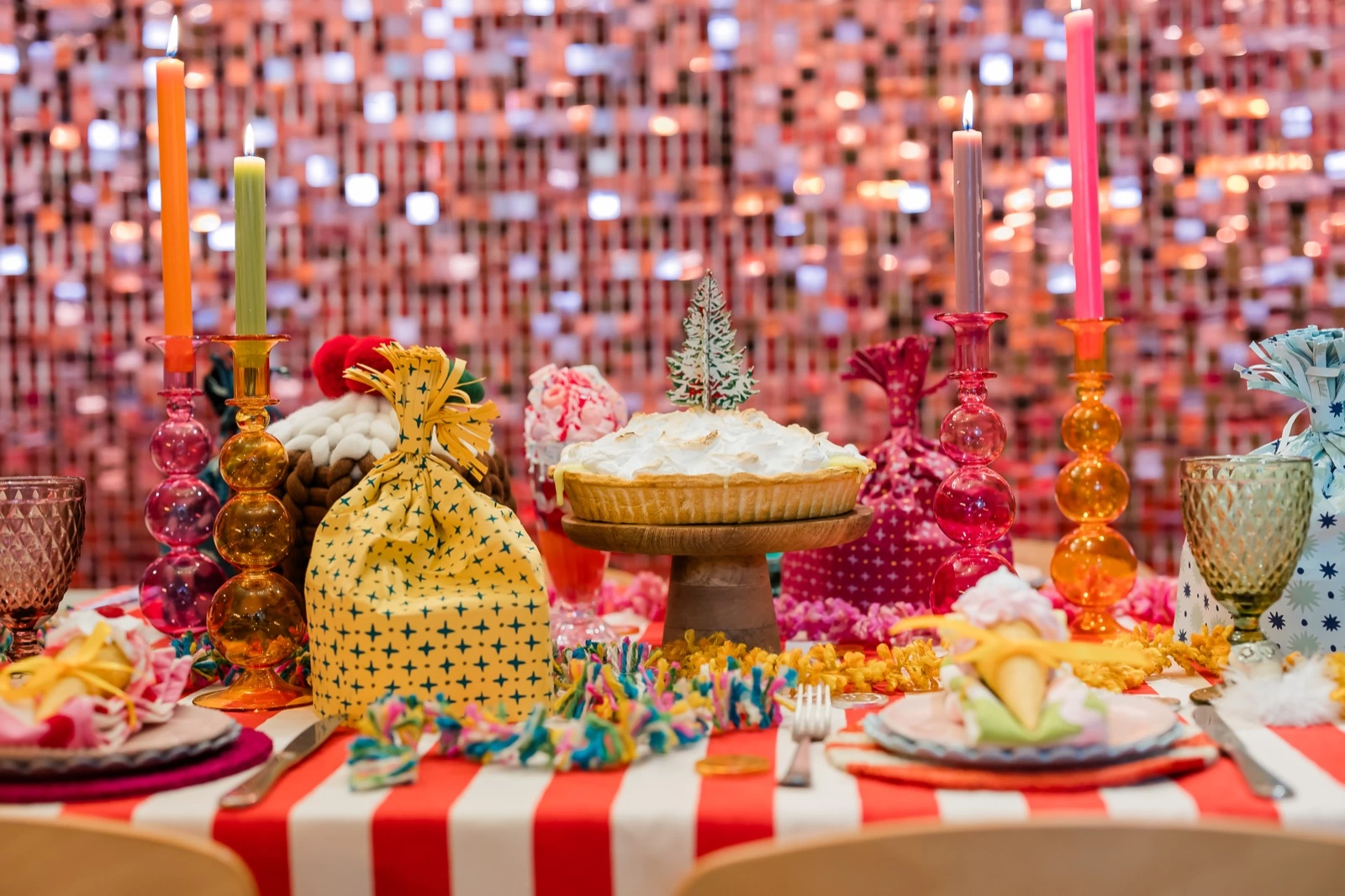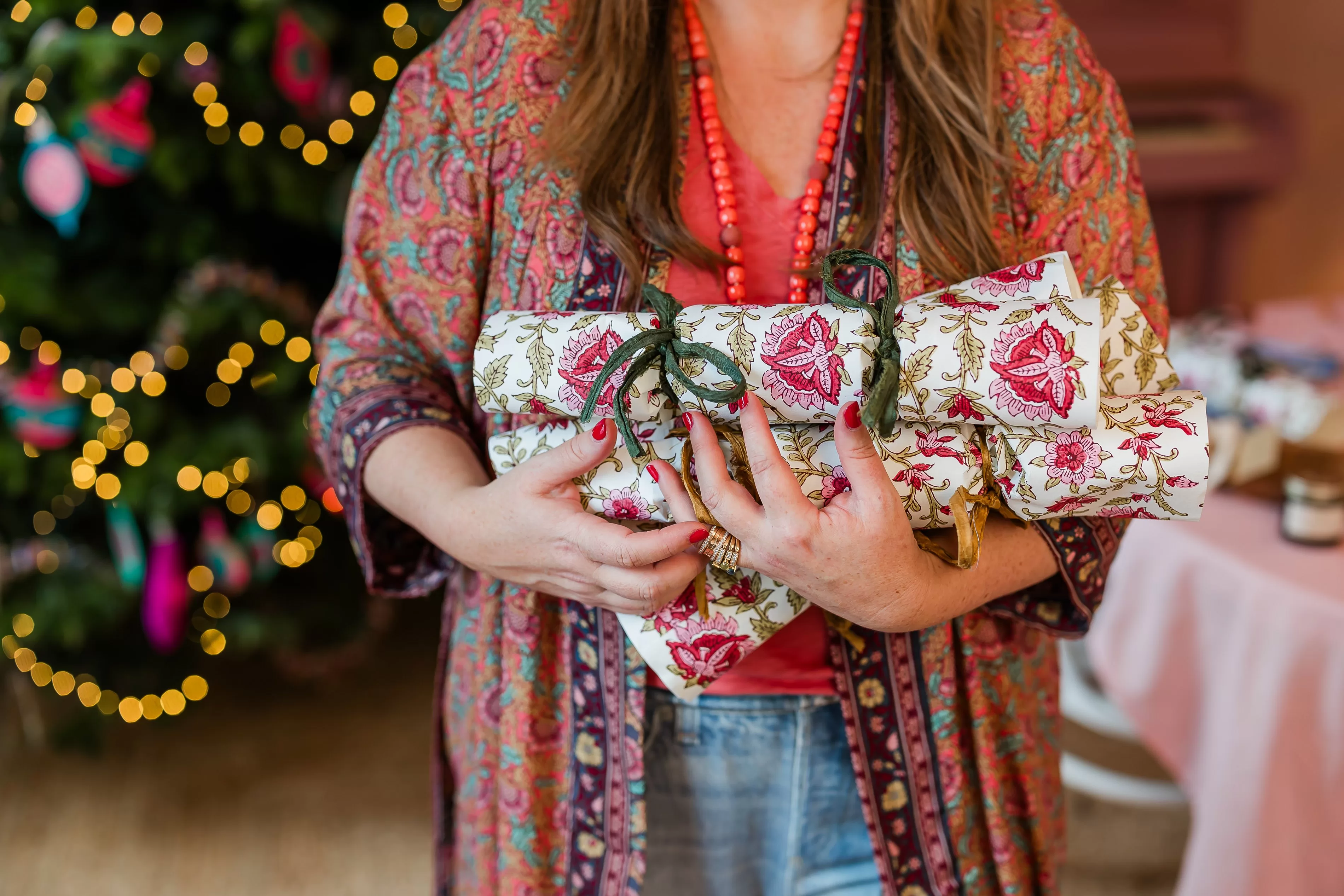
Just like Christmas...
From unique Christmas decorations, Christmas crackers, Christmas stockings and (of course) Christmas gifts, our Christmas collection is full of colourful surprises and cheer. Plus, every time you shop, you're helping a small business have a happier Christmas too — spreading festive merriment all round.
Every magical element
for every type of christmas
Holly's Favourite Christmas Cards & Wrap
Christmas cards and Christmas gift wrap can do more than just send love or wrap presents. They can make people smile. Especially when they're unique, joyful designs — all made by creative small businesses and hand-picked by Holly Tucker. Find the best Christmas cards and Christmas wrapping paper for added happiness.
Christmas? It's all in the detail
long-lasting festive finds
Holly's Christmas picks
We'd be surprised if you can find anyone who loves Christmas more so you just know you can count on our founder Holly to bring you the very best (even her name is Christmassy)...
Christmas collections made with love
CHRISTMAS rediscovered
Christmas tree decorations
Looking for unique tree decorations guaranteed to raise a smile? Want to dress the house in heirlooms designed to spread joy? These small business Christmas decorations are one-of-a-kind, meaningful and made to positively sing.
Truly thoughtful Christmas gifts
for everyone you hold dear
Want a less ordinary Christmas?
For wonderful ways to truly surprise your family and friends this Christmas (we've even got faux food!), let our small businesses help. From unique Christmas decorations, to cheeky tableware (and a few reinventions on old traditions), try these...
discover Christmas...
Christmas gifts and unique decorations, reusable Christmas crackers, sustainable tinsel, Christmas stockings, Christmas Eve Santa treats (deep breath), Christmas table centrepieces and more — in fact, all you could possibly need for a more colourful, joyful Christmas. And the best part? It's all handmade by the best UK small businesses too so you can enjoy it year after year.

